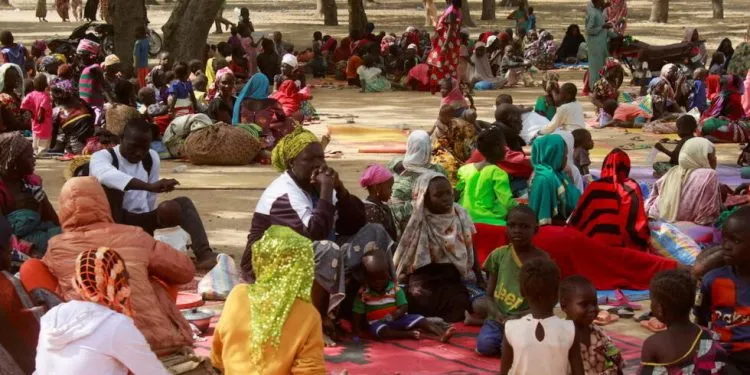The Office for the Coordination of Humanitarian Action in Cameroon, known as UN OCHA, has released its 2023 report, revealing a distressing reality: over 1,700 individuals fell victim to gender-based violence (GBV) in the Far North Regions of Cameroon.
Among these individuals, predominantly women, are included among the 987,000 people identified by OCHA as requiring services for the prevention and response to gender-based violence. The reported victims endured various forms of abuse, including denial of resources, sexual violence, physical assault, forced marriage, and intimate partner violence.
These atrocities, as outlined in the report, are closely tied to the displacements and kidnappings resulting from conflicts in the region. Despite efforts to promote gender equality and equity, such as the adoption of a national gender policy in 2011 by Cameroon’s National Institute of Statistics, cases of GBV persist.
According to UN Women, a staggering 94 percent of the 979,000 individuals in need of gender-based violence services in 2022 were women and girls, underscoring the disproportionate impact on females.
The ramifications of conflict are particularly evident in the Anglophone Armed Conflict. Since its eruption in 2016 between the Cameroonian government and armed separatist groups in the Anglophone regions, progress toward gender equality and equity in the country has stagnated.
Research conducted by the Nkafu Policy Institute highlights the prevalence of gender-based violence in Cameroon, with 56.4% of women having experienced emotional and/or sexual violence. Within this percentage, it is estimated that 43.2% of women in unions face domestic violence, while 39.8% and 14.5% encounter emotional and sexual violence, respectively. Shockingly, on a national scale, 20.1% of women reported being coerced into sexual activity for their first sexual relationship.



